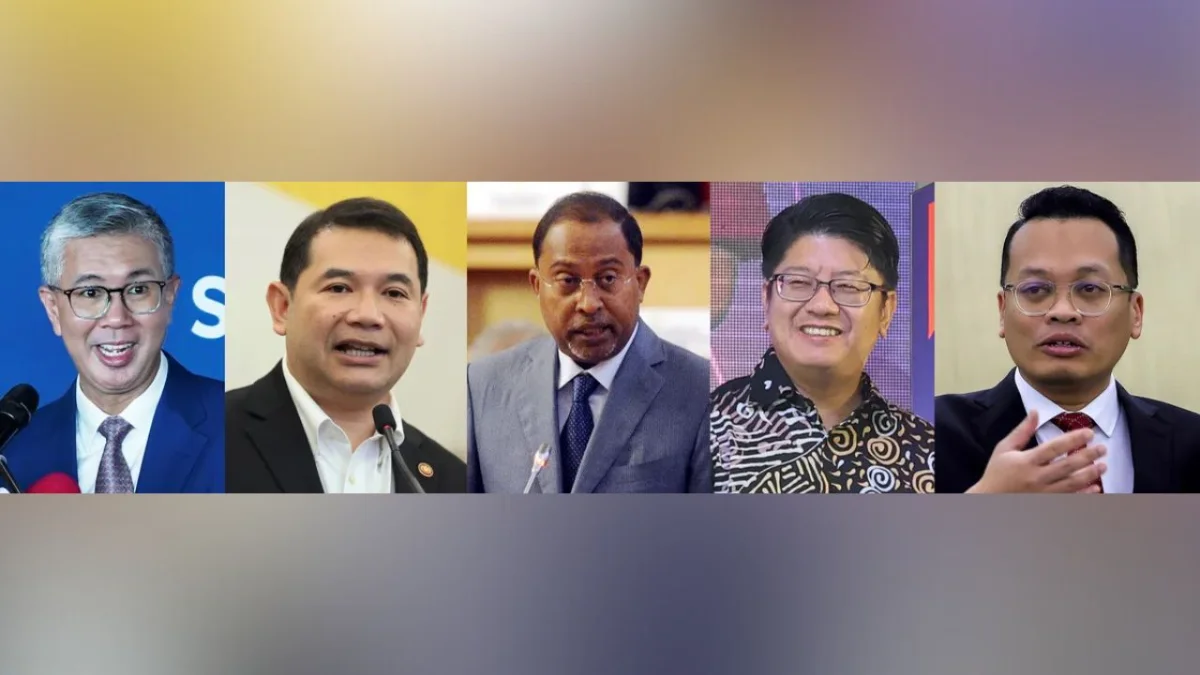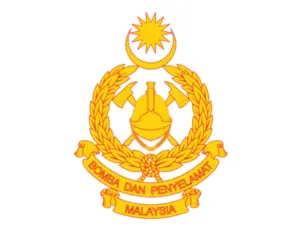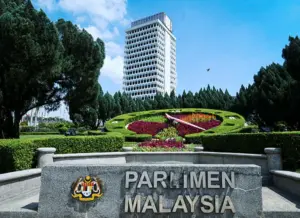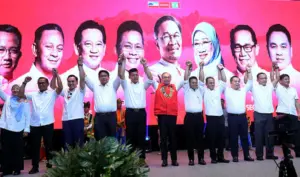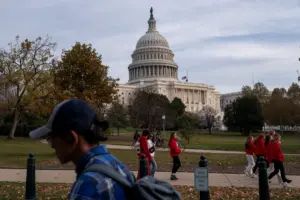‘Challenge for PM not so much about appointing new ministers, but maintaining party quotas and political balance’
PETALING JAYA: The recently created Cabinet vacancies are unlikely to destabilise the Unity government but they would test Prime Minister Datuk Seri Anwar Ibrahim’s ability to maintain political balance, analysts have said.
The challenge for Anwar stems from a string of departures, including that of Datuk Ewon Benedick on Saturday, following earlier exits by Datuk Seri Rafizi Ramli and Nik Nazmi Nik Ahmad as well as the impending expiry of Tengku Datuk Seri Zafrul Tengku Abdul Aziz’s senatorship.
Nusantara Academy of Strategic Research senior fellow Prof Dr Azmi Hassan said while Ewon’s resignation as Entrepreneur Development and Cooperatives minister warrants attention, its impact is limited.
He said Sabah has several capable leaders who could step into the role.
“Even if we link this to the post-Sabah election scenario, only Ewon’s vacancy needs to be looked at closely. But the risk is minimal. There are other capable Sabah leaders who can step in after the state election.”
Azmi said the more pressing concerns for Anwar are over Tengku Zafrul and Higher Education Minister Datuk Seri Dr Zambry Abdul Kadir.
“The real challenge lies with Tengku Zafrul’s portfolio. His senatorship is ending soon and once it expires, there’s no way for him to remain in the Cabinet.
“However, there are many capable figures within Umno who can replace him, especially in handling economic or geopolitical matters.
“Zambry still has another term as a senator and I’m sure Umno will want him to continue as a minister, especially since he is also Barisan Nasional secretary-general.”
Azmi said the overall risk to government stability is low despite these changes.
“The key challenge for Anwar is not so much about appointing new ministers but about maintaining the existing party quotas so that the status quo remains.
“Unless something drastic happens in Sabah, these quotas should stay the same.”
International Islamic University Malaysia political analyst and Iseas-Yusof Ishak Institute fellow Assoc Prof Dr Syaza Shukri highlighted broader governance and political considerations for Anwar.
“For me, the timing is somewhat coincidental. Rafizi and Nik Nazmi resigned a while back and we know the senators’ end of term is coming, especially for Tengku Zafrul, who cannot get a third term.
“The Sabah election was pushed back as late as possible. But I guess if the Unity government doesn’t perform well in Sabah, it would strengthen calls for a reshuffle.”
Syaza emphasised the importance of credibility and East Malaysian representation.
“Anwar needs to put credible people as part of his team and not just be seen as rewarding loyalists. Given the fragility of the Unity government, East Malaysian representation is very important. And it has to go hand in hand with fulfilling promises and listening to the demands of East Malaysians. I’m sure Anwar will find a way to appoint someone from Borneo to maintain the quota.”
She also pointed out the challenge of balancing coalition interests, particularly in the Investment, Trade and Industry Ministry (Miti).
“The Miti portfolio is among the most contentious, and Anwar is under pressure to find someone from BN to keep the balance.”
Syaza said Anwar needs a Cabinet in which ministers share the burden of responsibility.
“We see more effort from certain ministers while the prime minister is always at the frontline.
“It gives the impression that the Cabinet is not functioning as a cohesive team. That lack of unity also somewhat explains the resignations, and now Rafizi is voicing out like an opposition member.
“This Unity government needs to portray strength that is not solely based on the prime minister.”
Post Views: 2
